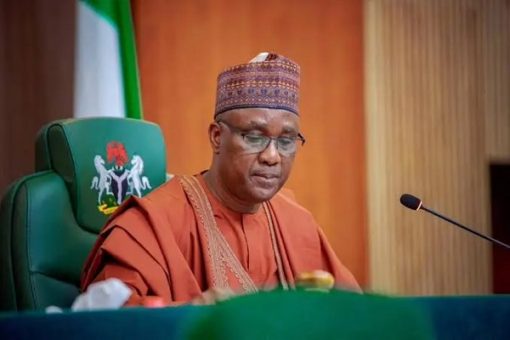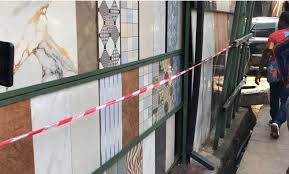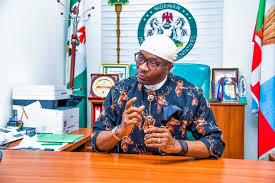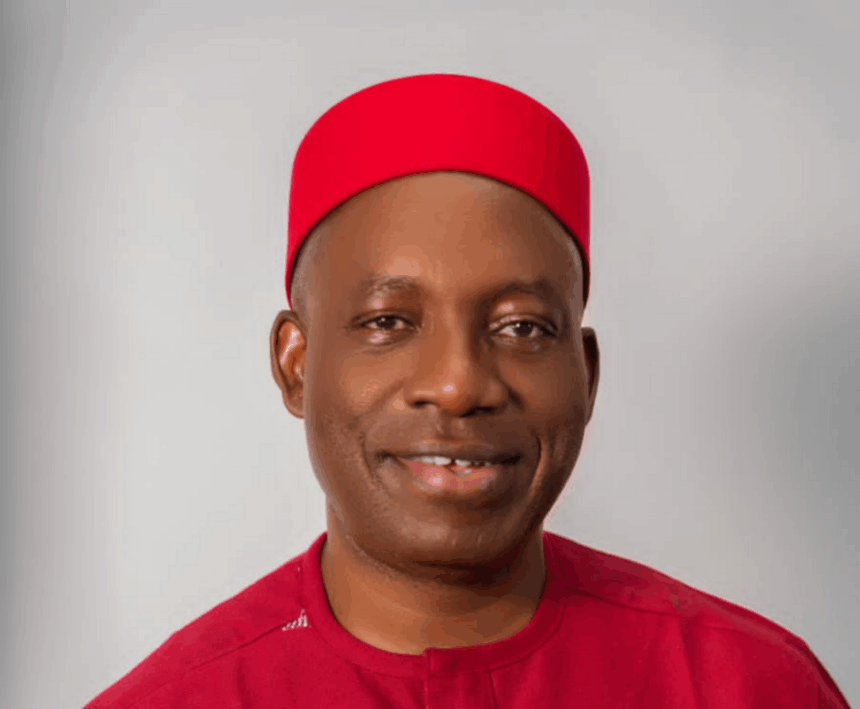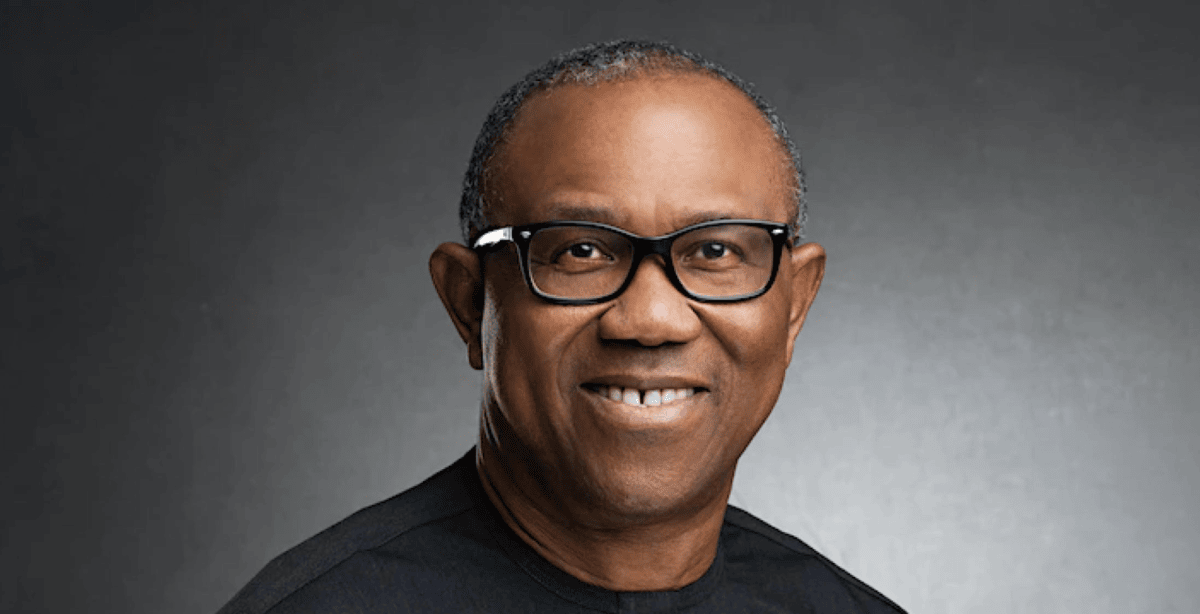Nigeria’s $2 billion broadband gamble: can new project bridge digital divide?
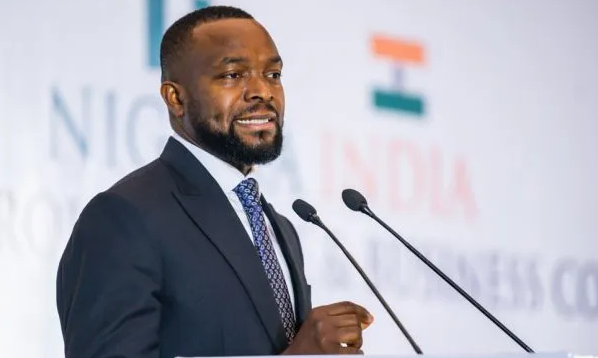
Nigeria is embarking on what could be its most ambitious infrastructure project in recent years, with the federal government unveiling a $2 billion broadband initiative aimed at connecting every corner of Africa’s most populous nation to high-speed internet.
Minister of Communications, Innovation, and Digital Economy, Dr. Bosun Tijani, announced the project on Monday, describing it as a critical step toward positioning Nigeria as “Africa’s next tech hub.” The plan involves deploying 90,000 kilometers of fibre optic cables across all 774 local government areas within three years, with rollout set to begin in the fourth quarter of 2025.
“The benefits of this broadband project will cut across multiple sectors beyond technology. Improving rural broadband access could add up to $25 billion annually to Nigeria’s agricultural output, helping the country diversify its exports,” Tijani said, citing World Bank estimates.
The minister emphasized the economic imperative, noting that broadband penetration currently hovers around 50 percent, leaving millions of Nigerians offline. “A 10 percent rise in broadband access could raise GDP by two percent annually,” he stated, referencing World Bank data on digital economies.
Public-Private Partnership Model
The project adopts what officials describe as a hybrid financing approach, with government contributing 49 percent of funding and the private sector providing 51 percent. This structure, Tijani explained, aims to deliver universal broadband coverage while managing fiscal constraints.
The announcement comes as Nigeria faces mounting pressure to close its digital divide. As of May 2025, broadband penetration stood at 48.81 percent, far short of the 70 percent target set in the National Broadband Plan (2020-2025). With only months remaining before the plan’s December deadline, industry observers acknowledge that goal is now virtually impossible to reach.
“Nigeria may miss the 70 percent broadband penetration target by 2025,” industry analysts warned earlier this year, pointing to sluggish growth rates. Current data from the Nigerian Communications Commission shows broadband penetration has increased by just over six percent since the plan’s launch in April 2020.
27 million still offline
The human cost of inadequate connectivity is stark. Research published in January 2025 revealed that approximately 27 million Nigerians have no internet access whatsoever, effectively excluding them from the digital economy that increasingly defines modern commerce, education, and social interaction.
The new infrastructure project will build upon Nigeria’s existing 35,000 kilometers of fibre backbone. However, significant obstacles remain. Internet speeds across Nigeria currently lag behind global standards, with the country ranking 129th worldwide for fixed broadband, according to testing company Ookla’s spring 2025 data. Median download speeds hover around 28 megabits per second.
Industry experts have also flagged Nigeria’s chronic power crisis as a major impediment to broadband expansion. “As of July 2025, broadband penetration stood at around 48 percent after sustaining a continuous fall since April,” a recent analysis noted. “While other factors like fiber cuts and regulatory bottlenecks play a role, power remains a critical challenge.”
International Support
The initiative has attracted international attention and support. The United States Trade and Development Agency recently signed a $2 million grant agreement with Nigeria at the inaugural U.S.-Nigeria Technology Dialogue to support broadband planning studies.
The project aligns with broader government efforts to digitize Nigeria’s economy, including the 3 million Technical Talent program designed to develop workforce skills for the digital age. Officials argue that infrastructure investment alone is insufficient without corresponding human capital development.
“The president wants to invest in infrastructure that will allow our economy to be able to grow,” Tijani said in recent remarks, highlighting the administration’s commitment to economic reform through technology investment.
Challenges and Skepticism
Despite official optimism, the telecommunications sector faces persistent challenges. Cable vandalism, security concerns in certain regions, and regulatory complexity have all hampered previous infrastructure projects. The success of the $2 billion initiative may hinge on the government’s ability to address these systemic issues while attracting and retaining private sector investment.
Some industry observers have expressed skepticism about meeting the ambitious three-year timeline, particularly given past shortfalls. “The failure to meet the 70 percent target could have wide-ranging implications for Nigeria’s digital economy, especially in areas such as education,” one analysis warned.
Nevertheless, government officials maintain that the project represents a turning point. They point to February’s launch of the National Broadband Alliance and other initiatives as evidence of renewed commitment to digital transformation.
For millions of Nigerians currently without reliable internet access, particularly in rural areas, the promise of universal broadband coverage offers hope for economic opportunity and social advancement. Whether the government can deliver on that promise will become clear as construction crews begin laying the first cables in the coming weeks.
The stakes extend beyond Nigeria’s borders. Success could establish a template for other African nations grappling with similar digital infrastructure deficits, while failure would underscore the persistent challenges facing developing economies in the digital age.
As one government official put it at the recent GITEX technology conference in Lagos: “Nigeria is ready, Lagos is leading, and the future economy is now.” The $2 billion broadband project will test whether that confidence is justified.




